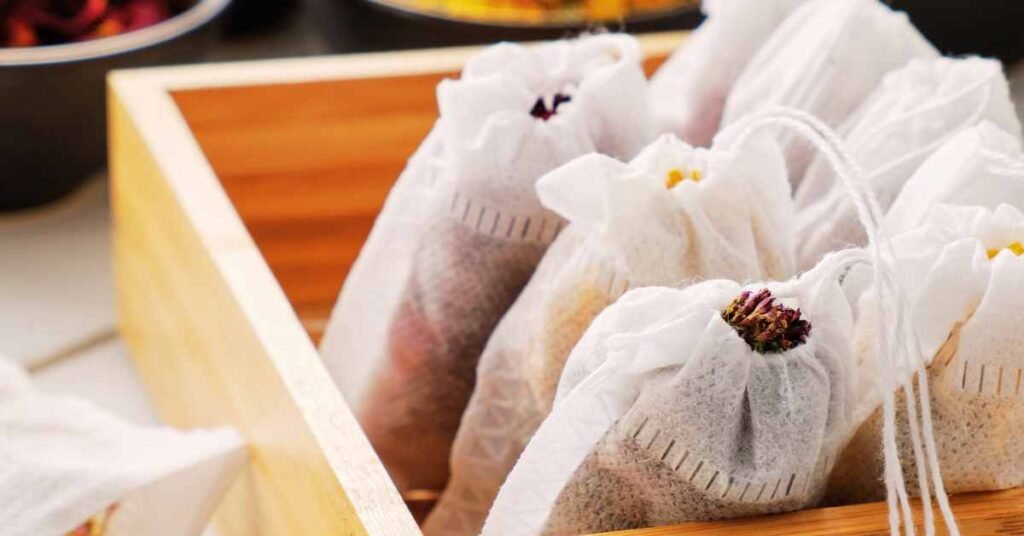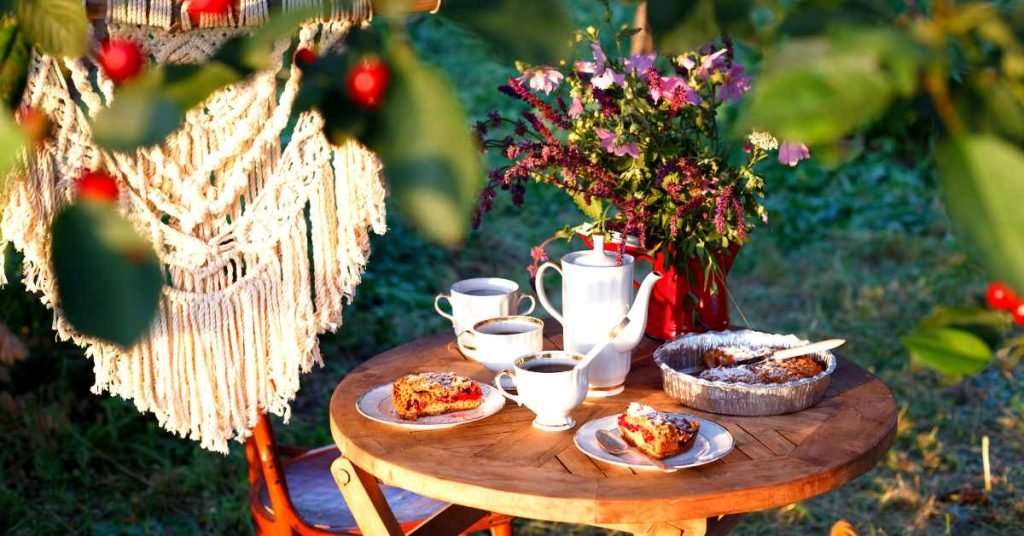In a world brimming with hustle and bustle, the timeless ritual of brewing a cup of tea has a comforting allure.
The gentle rustle of leaves, the aromatic dance of steam, and the warmth that emanates from a well-brewed cup—tea transcends mere beverage status to become a moment of solace.
But as with many things in life, even the seemingly eternal tea leaf is not exempt from the clutches of time.
The question lingers: Can tea expire?
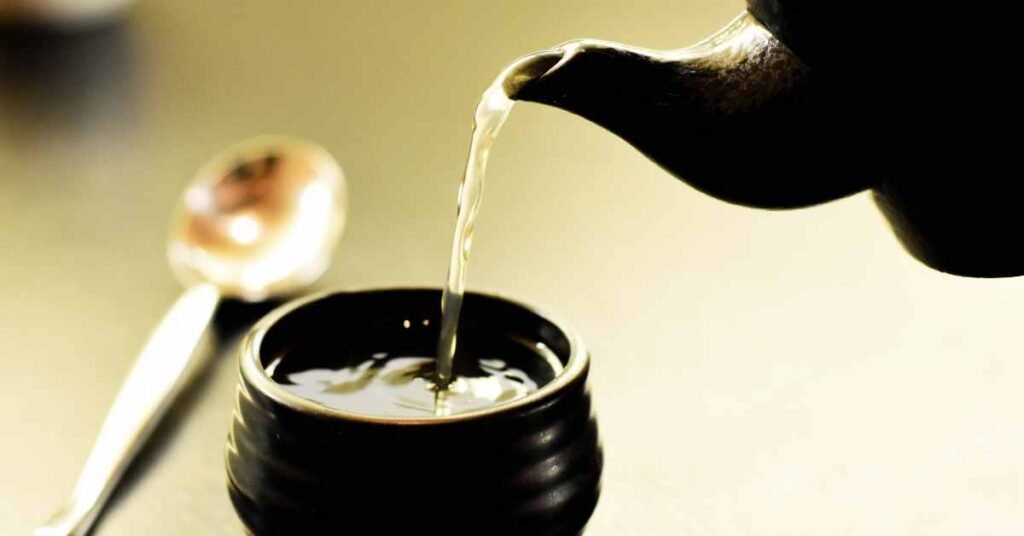
Tea, a symphony of flavors and aromas encased in delicate leaves, seems immune to the inevitable passage of time.
However, behind the scenes, a fascinating interplay of chemistry and nature weaves a story that unfolds gradually, much like the unfurling leaves in a hot water embrace.
The longevity of tea depends on various factors, starting with its type.
Black, green, white, oolong, and herbal teas each bring their unique nuances to the table—pun intended.
The path to expiration meanders through the labyrinth of oxidation, moisture, light exposure, and storage conditions.
Let’s embark on a journey through time, exploring the diverse tea types and the factors that can transform a once-vibrant cup of tea into a shadow of its former self.
Black Tea: The Dark Horse
Black tea, renowned for its robust flavor profile and invigorating caffeine kick, is often considered the stalwart of the tea family. However, even the mighty black tea is not impervious to the relentless march of time.
The process of oxidation that gives black tea its distinctive color and bold taste also renders it more susceptible to aging.
Over time, exposure to air can lead to the deterioration of its flavor compounds. Stored improperly, black tea may lose its vibrant notes, transforming into a lackluster brew that falls short of the once-promised richness.
Green Tea: A Race Against Time
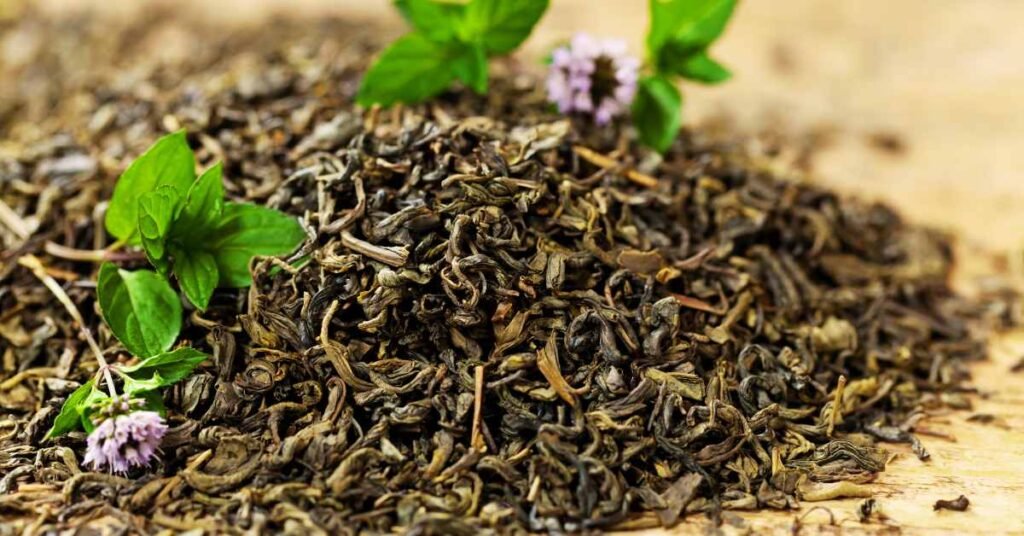
Green tea, celebrated for its health benefits and delicate taste, embarks on a different journey through the temporal landscape. Its vibrant green leaves house a plethora of antioxidants, lending it a freshness that, alas, is not eternal.
The enemy of green tea is oxidation, the very process that black tea embraces. Exposure to air and moisture can turn the lively green leaves into a dull, lifeless blend.
Stale green tea is not merely a flavor disappointment; it can also lose the health-promoting compounds that make it a favorite among wellness enthusiasts.
White Tea: A Whiff of Elegance
White tea, the epitome of subtlety and elegance, stands as a testament to the delicate artistry of tea making. Its minimal processing allows it to retain the essence of the tea plant in its purest form.
However, this very purity can become a vulnerability when faced with the relentless march of time.
White tea’s nuanced flavors are easily affected by environmental factors.
Excessive exposure to light and air can degrade its delicate composition, transforming the ethereal notes into a mere whisper of their former selves.
As the clock ticks, the ephemeral charm of white tea dances perilously close to the edge of expiration.
Oolong Tea: The Middle Ground
Oolong tea, with its partially oxidized leaves, occupies a middle ground between black and green teas.
Its flavor spectrum ranges from floral and fruity to toasty and robust, offering a diverse palette for tea enthusiasts. However, this versatility does not grant immunity to the passage of time.
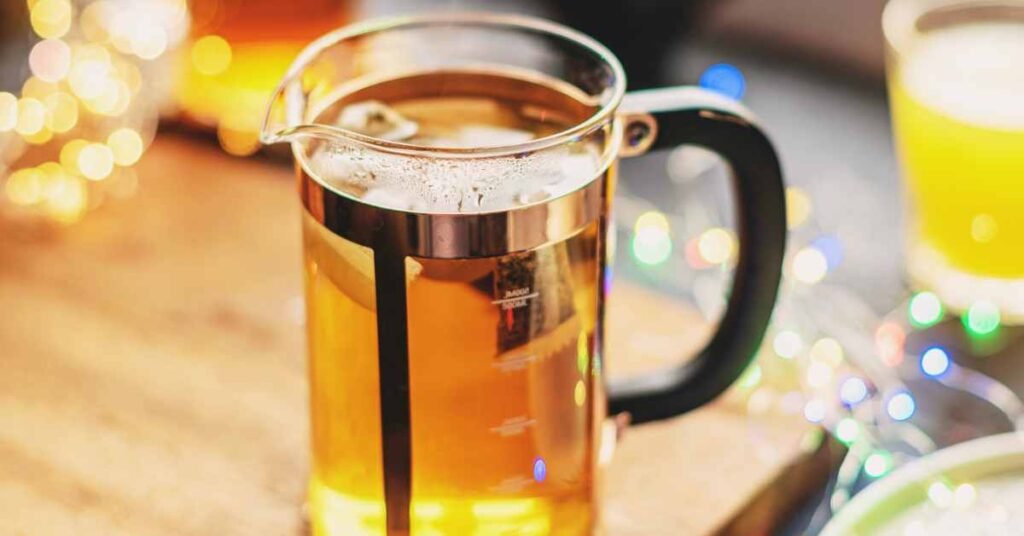
Oolong tea, like its siblings, undergoes subtle changes in flavor and aroma as it ages. While some oolongs may mellow and develop complexity, others may lose their vibrancy, succumbing to the elements.
The key lies in understanding the particular oolong variety and its propensity for evolution over time.
Herbal Tea: Nature’s Medley
Herbal teas, a kaleidoscope of flavors derived from an assortment of herbs, fruits, and spices, bring a burst of diversity to the tea scene.
Being devoid of traditional tea leaves, herbal infusions march to a different drumbeat when it comes to expiration.
The shelf life of herbal teas is largely influenced by the freshness of their ingredients.
Herbs and spices, with their essential oils and volatile compounds, can lose potency over time. Improper storage can rob herbal teas of their vibrant colors, fragrances, and therapeutic properties, rendering them a mere echo of their former selves.
Factors Influencing Tea’s Lifespan
Storage Conditions:
The environment in which tea is stored plays a pivotal role in determining its shelf life. Tea thrives in cool, dark, and dry conditions. Exposure to heat, light, and humidity accelerates the aging process, leading to a hastened demise of flavors and aromas.
Packaging:
The packaging of tea is akin to its armor against the elements. Airtight containers or vacuum-sealed packs can significantly prolong the freshness of tea by minimizing exposure to air. Transparent packaging, on the other hand, allows light to infiltrate, potentially causing flavor degradation.
Quality of Water:
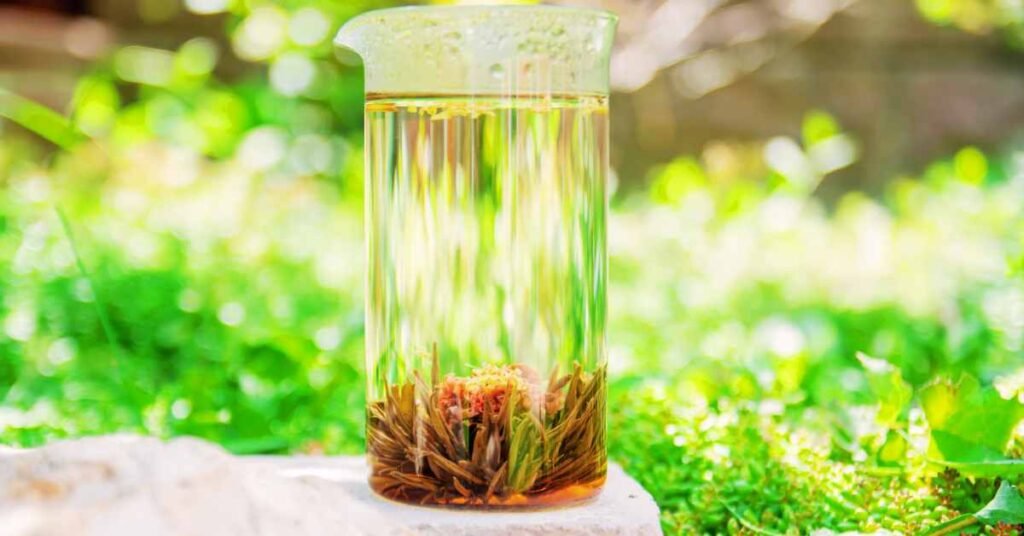
The quality of water used during brewing can impact the taste of tea. Chlorinated or impure water may introduce off-flavors, detracting from the true essence of the tea leaves.
Blending and Flavors:
Teas infused with herbs, fruits, or floral elements may have a shorter shelf life due to the volatile nature of these added components. The freshness of these ingredients can wane over time, affecting the overall flavor profile.
The Tale of Expired Tea: A Bitter Aftertaste
As tea tiptoes towards its expiration, the signs are subtle yet unmistakable.
A once-aromatic blend may lose its fragrance, replaced by a flat, stale scent. The vibrant hues of the tea liquor may fade, offering a muted echo of its former brilliance.
The taste, once a symphony of notes, may now be a monotone hum, lacking the depth and complexity that once defined it.
Expired tea is not merely a gustatory disappointment; it can also lead to health concerns.
The presence of mold or other contaminants may pose risks to the unsuspecting tea drinker.
While tea is a resilient beverage, capable of withstanding the test of time when stored appropriately, neglect and indifference can usher in the inevitable decay.
Reviving the Brew: A Glimpse of Hope
The good news is that not all is lost when tea approaches its twilight. While time may alter the character of the tea, some varieties can age gracefully, developing nuanced flavors that find favor among connoisseurs.
Pu-erh tea, a fermented Chinese tea, is a prime example of a tea that not only withstands the ravages of time but also matures into a sought-after delicacy.
For those with a penchant for experimentation, expired tea leaves need not find their way to the waste bin immediately.
Repurposing them for culinary adventures, such as incorporating them into marinades or using them as aromatic additions to recipes, can breathe new life into these seemingly spent leaves.
Preserving the Elixir: Tips for Tea Aficionados
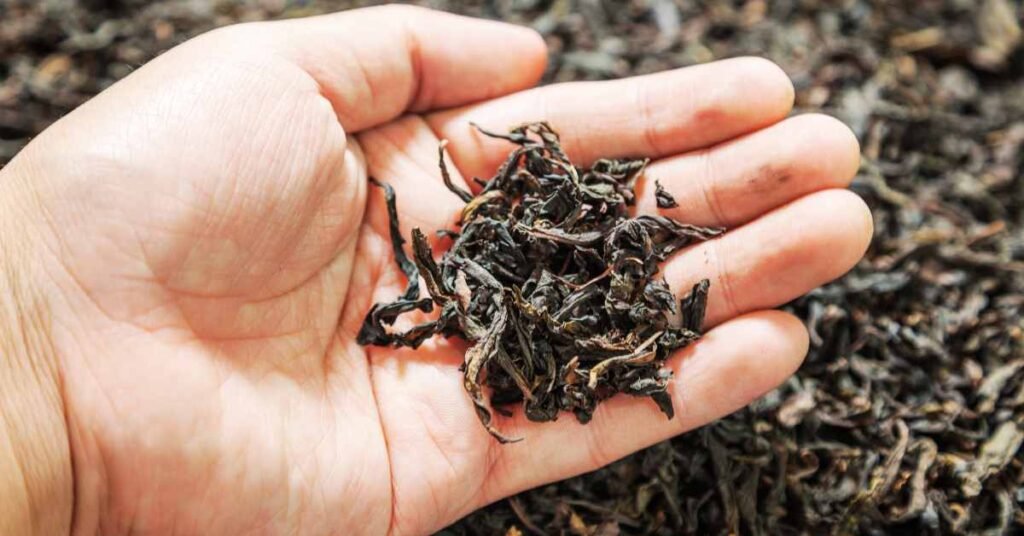
Mindful Storage:
Store your tea in airtight containers, away from direct sunlight, heat, and humidity. This simple measure can significantly extend the lifespan of your tea leaves.
Rotation Policy:
Adopt a rotation policy for your tea stash, ensuring that older leaves are used before fresher batches. This practice prevents long-term storage and potential deterioration.
Invest in Quality:
Purchase high-quality teas from reputable sources. While they may come at a higher initial cost, the investment pays off in terms of flavor longevity and overall tea satisfaction.
Tea Exploration:
Embrace the diversity of teas by exploring different varieties. Not only does this keep your palate engaged, but it also reduces the risk of having a vast quantity of a single tea aging simultaneously.
Hermetic Seals:
Opt for tea containers with hermetic seals to create an environment that shields your tea from external elements. Vacuum-sealed packs are particularly effective in preserving freshness.
Final Word
In conclusion, while tea does not have a concrete expiration date, it is not immune to the sands of time. The key to a lasting tea experience lies in understanding the nuances of each tea type, coupled with conscientious storage practices.
As you embark on your tea-drinking journey, savor each cup as a fleeting moment, knowing that the symphony of flavors may evolve with time but remains an ever-enchanting melody.
After all, like a well-steeped cup of tea, the beauty lies in the process of transformation, and sometimes, in the gentle embrace of impermanence.
MEDICAL DISCLAIMER
Itsnevernotteatime.com cannot and does not contain medical/health advice. The medical/health information is provided for general and educational purposes only and is not a substitute for professional advice.
